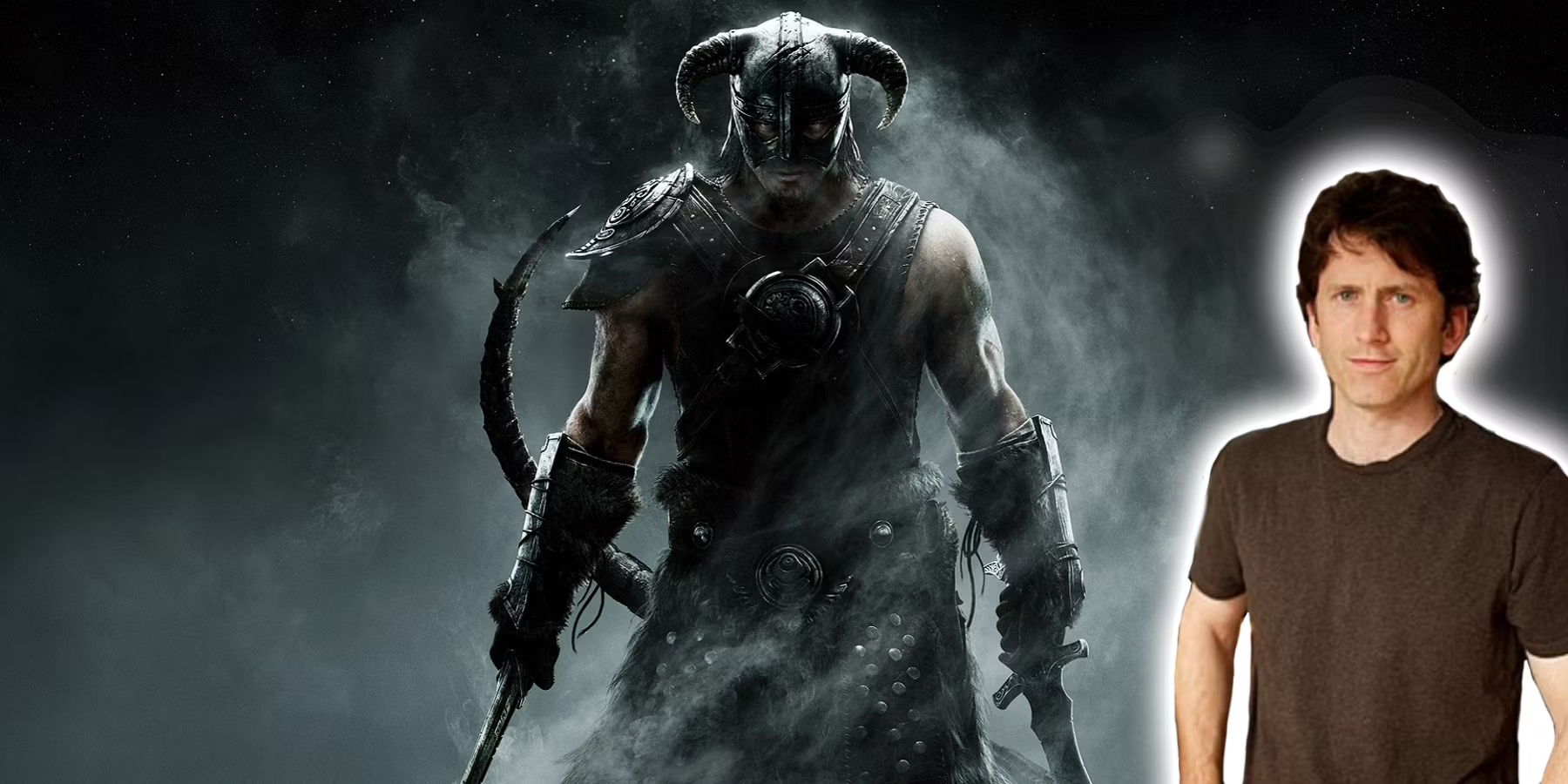Do you remember the days when game demos were the norm? Sadly, some of you will likely answer “no”. Until recently, the art of creating game demos has sizzled out of the gaming industry. We went from a time where almost every gaming magazine would come with a disc for the demo of the newest game, to days where we were lucky to even see playable demos at conventions like E3. However, it seems that the demo drought is starting to come to an end. With games like Octopath Traveler and Sushi Striker: The Way of Sushido receiving demos before their release, it appears that demos are making a resurgence – and that’s probably for the better.
What Happened to Game Demos?
Where exactly did game demos go? It just feels weird that such a common business practice for the gaming industry would suddenly disappear. Well, the reasoning actually stems from a couple of aspects. First off, as the number of demos rose, developers started to realize that less games were selling. This was mostly due to some gamers being satisfied with merely playing a demo than purchasing the full game. When you get your fill of a game just by playing the demo, why bother buying it, right? This, of course, resulting in developers moving from demos and focusing more on heavy marketing of the full game. This is understandable since it takes a good amount of effort to create a demo. You shouldn’t waste your time if it isn’t helping sales.
The next reason is a bit more controversial: datamining. As technology advanced, gamers gained the ability to analyze the data within demos that were never meant for public eyes. This information would then be posted online for the world to see. This lead to story plots and game mechanics being spoiled and ultimately fandoms of certain franchises being upset with developers. Some players blame developers for not taking precautionary measures. While this is true to an extent, ultimately it’s the player’s responsibility to respect the wishes of not spoiling games – but I digress. Developers saw this as more of a reason not to create demos. Luckily, the gaming industry has had a change of heart. It’s a good thing too, since demos are ultimately the best way to sell games.
Regardless of why demos vanished initially, there’s no denying that a good demo can create a successful game. When demos do their job well, they can display the greatest features of a game, while still holding back enough for players to want more. Take Sushi Striker for example, there were plenty of gamers who saw this game at E3 2017 and neglected it due to its child-like appearance. Fast forward to when Nintendo decided to release a demo for the game on the Nintendo Switch, and the gaming community started to love it. The overall perception of Sushi Striker changed quickly to a positive one, and now the game has a greatly larger following. This wouldn’t have happened without the demo. It just goes to show you that even the weirdest-looking games can succeed if gamers can get their hands on a piece of it ahead of time.
Demos Done Differently
Some members of the gaming community would argue that demos are a waste of time. They feel that marketing is the way to go and that demos achieve nothing. While good marketing is always great, a demo can definitely help a game, especially when developers use them as more than just a selling tool. Octopath Traveler represents this well. When the game was first announced early in 2017, it was revealed that a demo would release in September of the same year. Square Enix also mentioned that a survey would be given to those who play the demo in order to gather feedback. Later on in June of 2018, Square Enix released another demo that not only contained more content, but also fixes that were made as a result of the feedback from the previous demo. This is how demos should work. Players gave critiques based on a demo they played, and the developers made improvements that lead to a better experience. If more gaming companies did this, imagine the how much better games would be!
In the end, no matter how you feel about it, it’s clear that demos can lead to a great game. In terms of both sales and development, a demo can result in a game that many players love. There are things to take into consideration, specifically in terms of hacking security, when making demos, but it seems worth it. Demos promote the most important concept of gaming: enjoying a game so much that you just want more. This is why it was sad to see them go, and why it’s awesome that they are back. Hopefully, they’ll be here to stay.
What do you think about game demos? Should there be more or less? Let us know in the comments below and don’t forget to follow us on social media!












